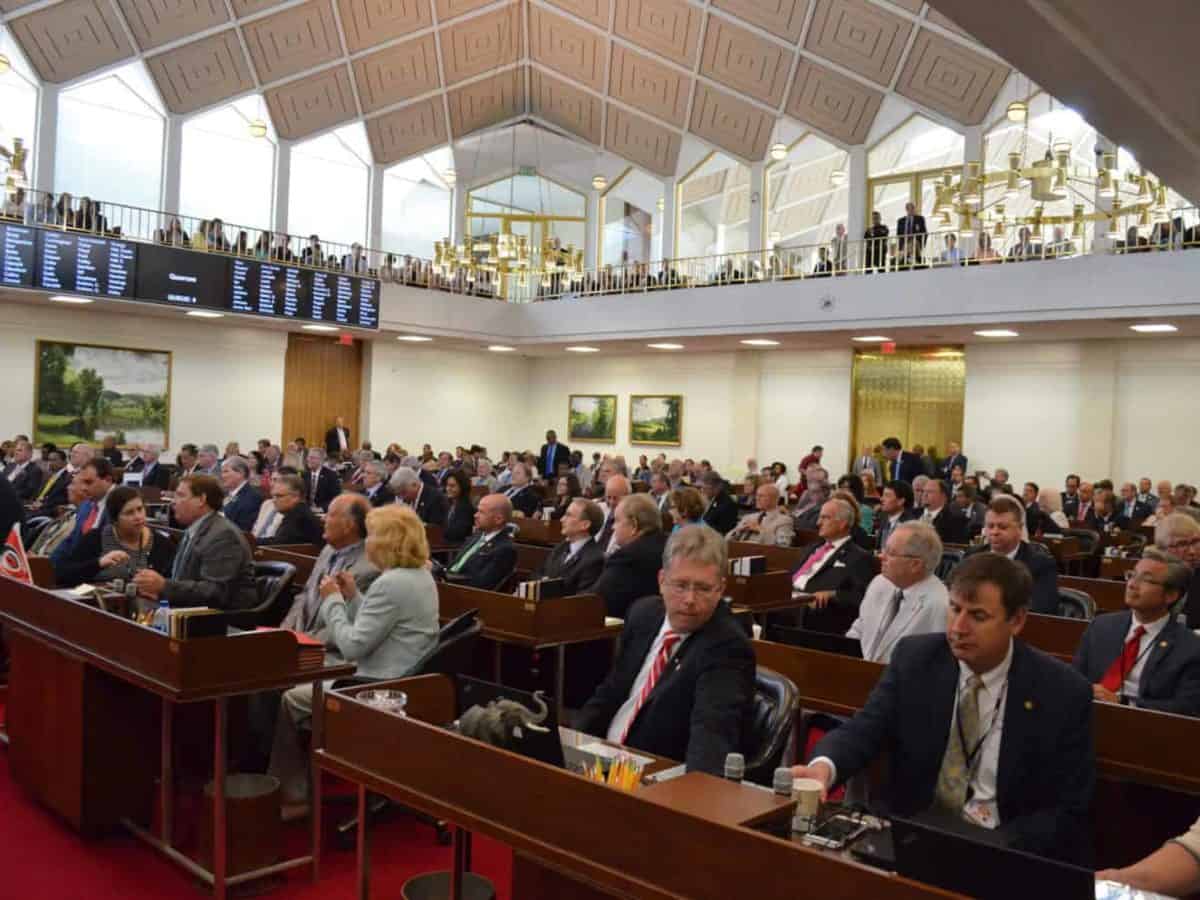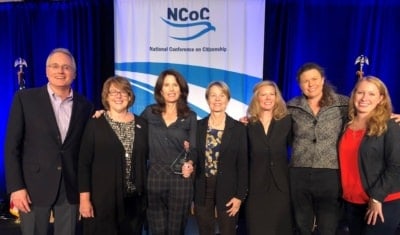

In an interview with NPR in the midst of the just-completed campaign, former Republican Congressman Tom Davis of Virginia gave a description of the politics of his state that also applies to North Carolina. Instead of the conventional “purple’’ designation, Davis offered a provocative alternative, with an acerbic touch.
“Virginia is really two one-party states,” he said. “Part of it is New Jersey. And part of it more resembles a traditional Southern state. But the growing part of the state is the New Jersey part.”
The results of the mid-term elections this week suggest that North Carolina has divided into “two one-party states.’’ Republicans and Democrats inhabit distinct spheres — geographic, cultural, racial, and ideological. And it is within this context that education policy and budgeting will play out over the next two years.
In congressional elections, Democrats reclaimed a majority in the U.S. House, while Republicans maintained control of the U.S. Senate. Divided government, exacerbated by hyper-polarization, makes major federal initiatives highly unlikely. What’s more, President Trump’s propensity for often inaccurate and incendiary declarations dominates public attention, and his brand of politics shapes the Republican side of the electorate.
North Carolina Democrats achieved their major mid-term goal: to “break’’ the GOP veto-proof majority in the General Assembly. They did so in large part by making gains in legislative elections in and around Charlotte and Raleigh — surely not “New Jersey’’ but clearly the magnetic growth poles of the state.
Still, Republicans held onto a majority in both the House and Senate. Slenderer majorities, to be sure, but there will be a Republican House Speaker, a Republican Senate President Pro Tem and Republican committee chairs. Even if they cannot override a gubernatorial veto, Republican lawmakers retain power to initiate legislation.
No doubt, the mid-term results enhanced the system of checks and balances. Democratic Gov. Roy Cooper won his efforts both to slice the GOP majority below veto-override level and to defeat two proposed constitutional amendments that would have further eroded gubernatorial power. Cooper, who will go before the voters in two years, now faces the challenge — and leadership opportunity — of using the leverage he has won to pursue his education agenda, including higher teacher pay, expanded pre-K, and financial incentives to attract students to community colleges.
While Wake County voters approved bond issues for public schools and community colleges, a majority of voters statewide cast ballots in favor of the constitutional amendment to drop the cap on the income-tax rate. That vote poses the long-term danger of limiting the state’s ability to finance education institutions to meet the needs of their times. More immediately, another actual cut in income taxes goes into effect next year, even as lawmakers consider the costs of improving school safety.
“The Governor’s vetoes can now be sustained, and politics in our state just took a big step toward the center,” Democratic State Sen. Jeff Jackson of Charlotte wrote in an election-night email.
Perhaps so, but for much of this decade North Carolina legislators have had little practice in negotiating toward the center. Many policy decisions, education prominent among them, arose out of GOP intra-party deliberations. On floor votes, Republicans lined up in party discipline to approve decisions made in caucus or committee. In response, the Democratic minorities largely voted in unison in opposition. Based on their voting patterns, hardly any lawmakers rated as moderates.
The shift in legislative-governor dynamics leads to more questions than certainties. Are there enough Republican lawmakers ready to vote with Democrats in or near the center? Or Democrats prepared to join with Republicans in compromise? Will their own party constituencies give them political space to negotiate, especially in an atmosphere charged with Trump lightning bolts?
As likely as not, prolonged stalemate may precede any move to the center in a North Carolina divided into “two one-party states.”


